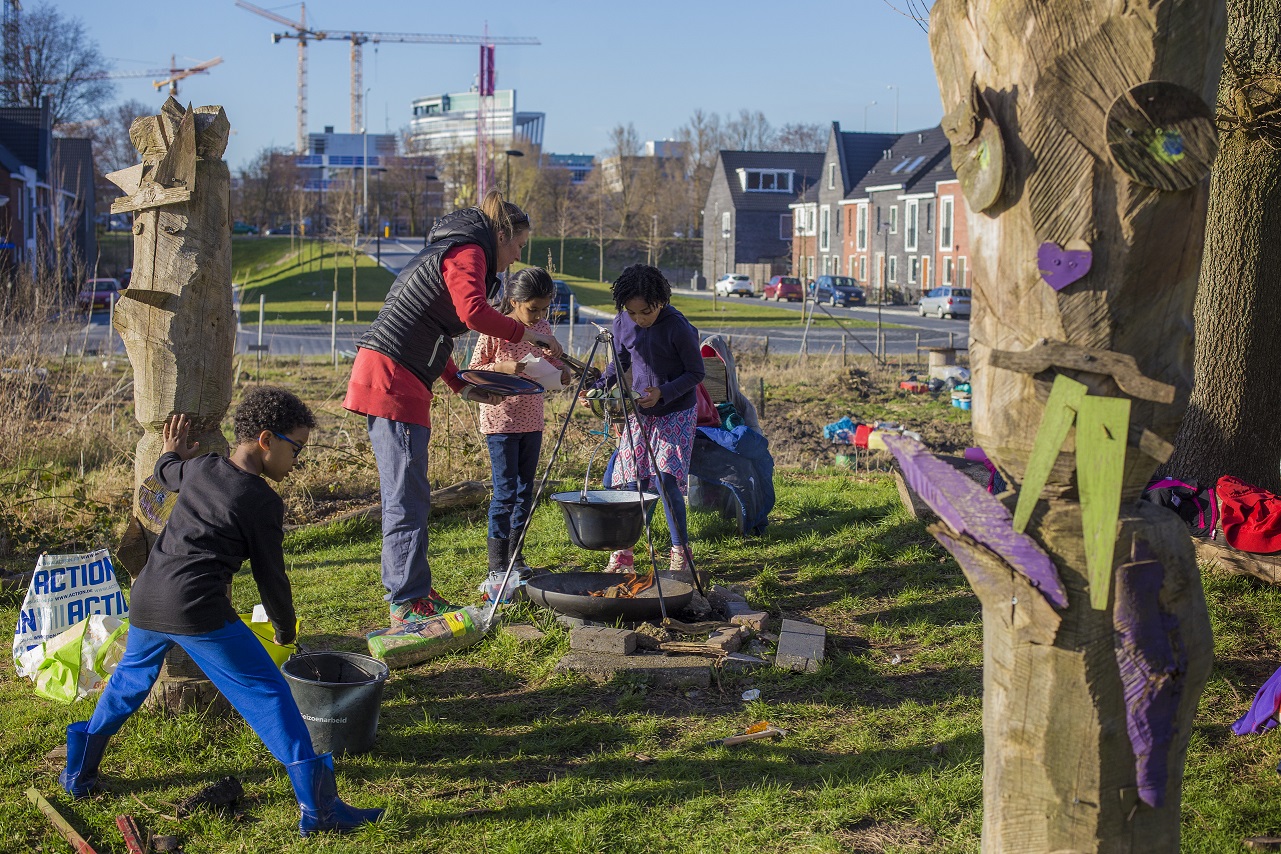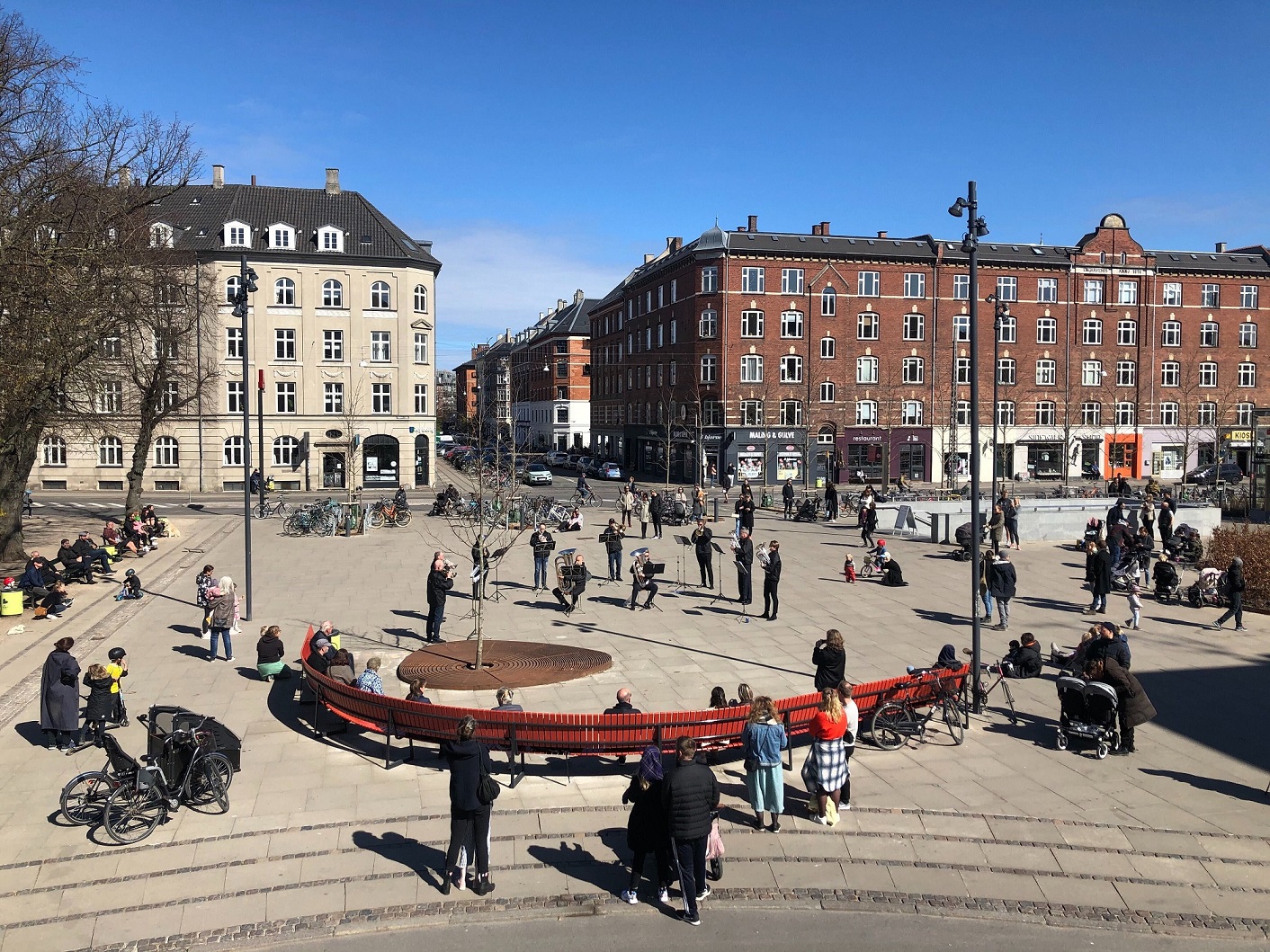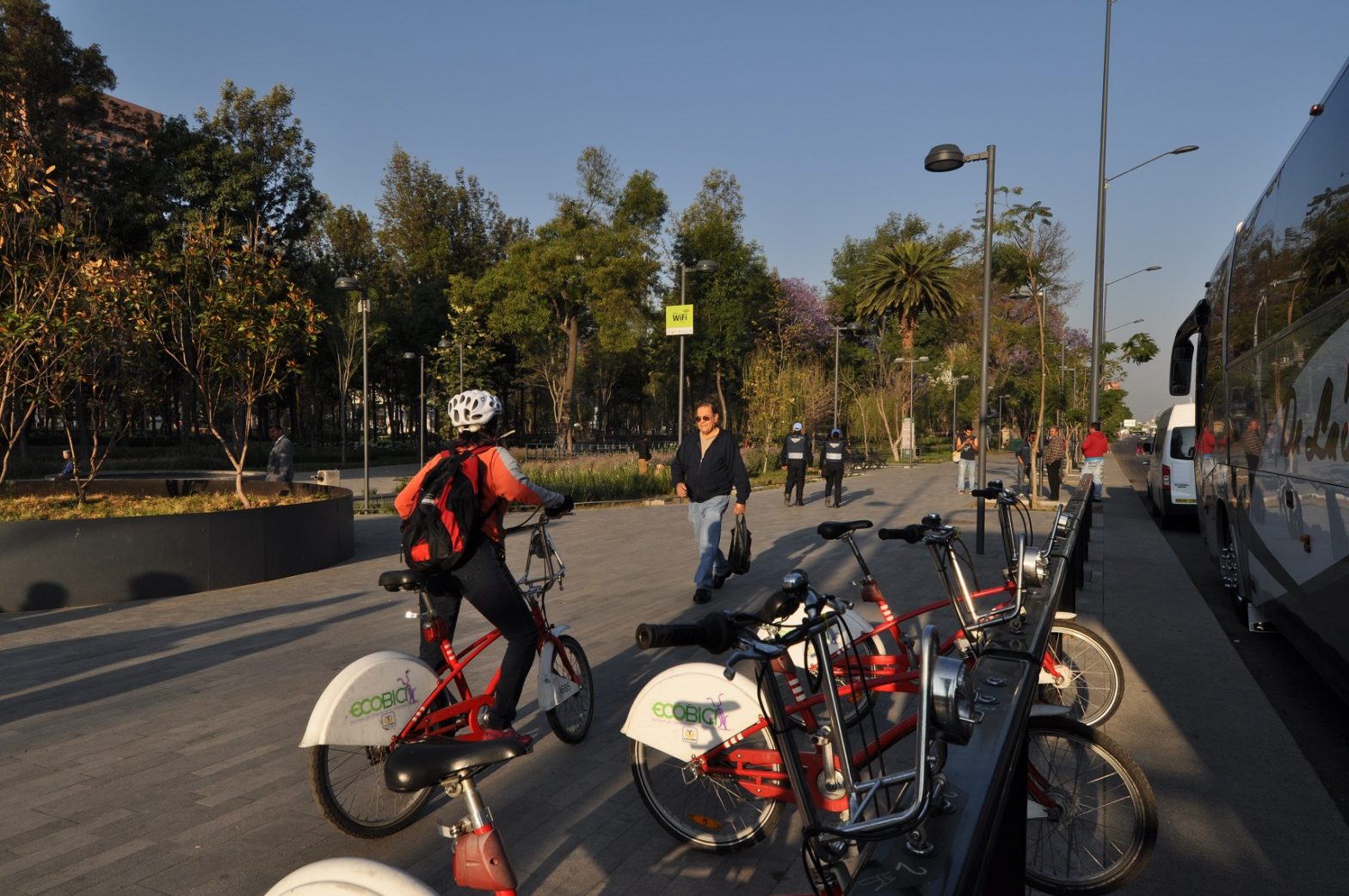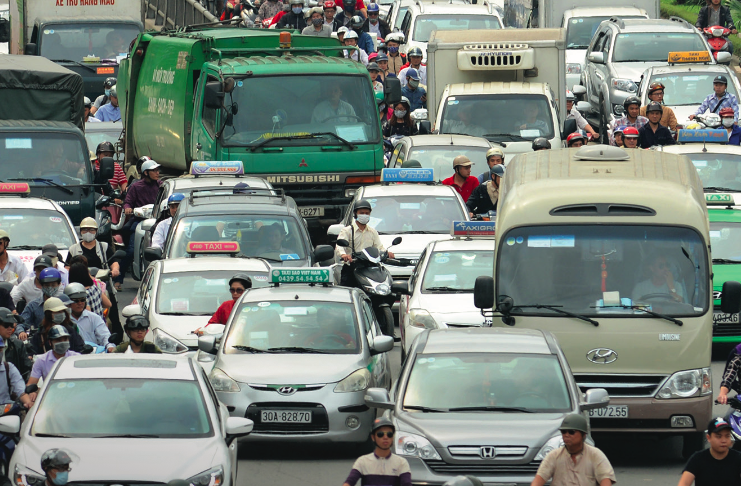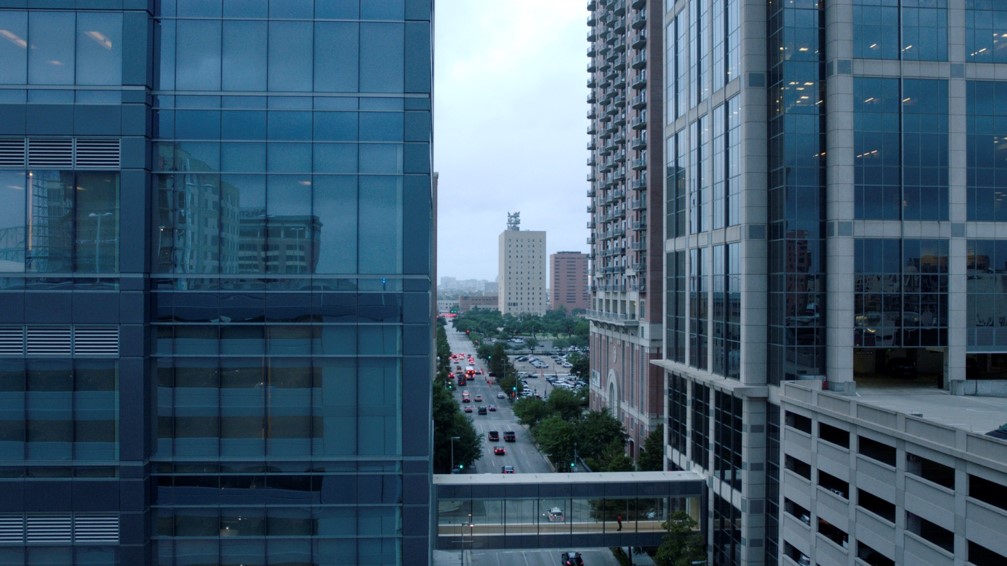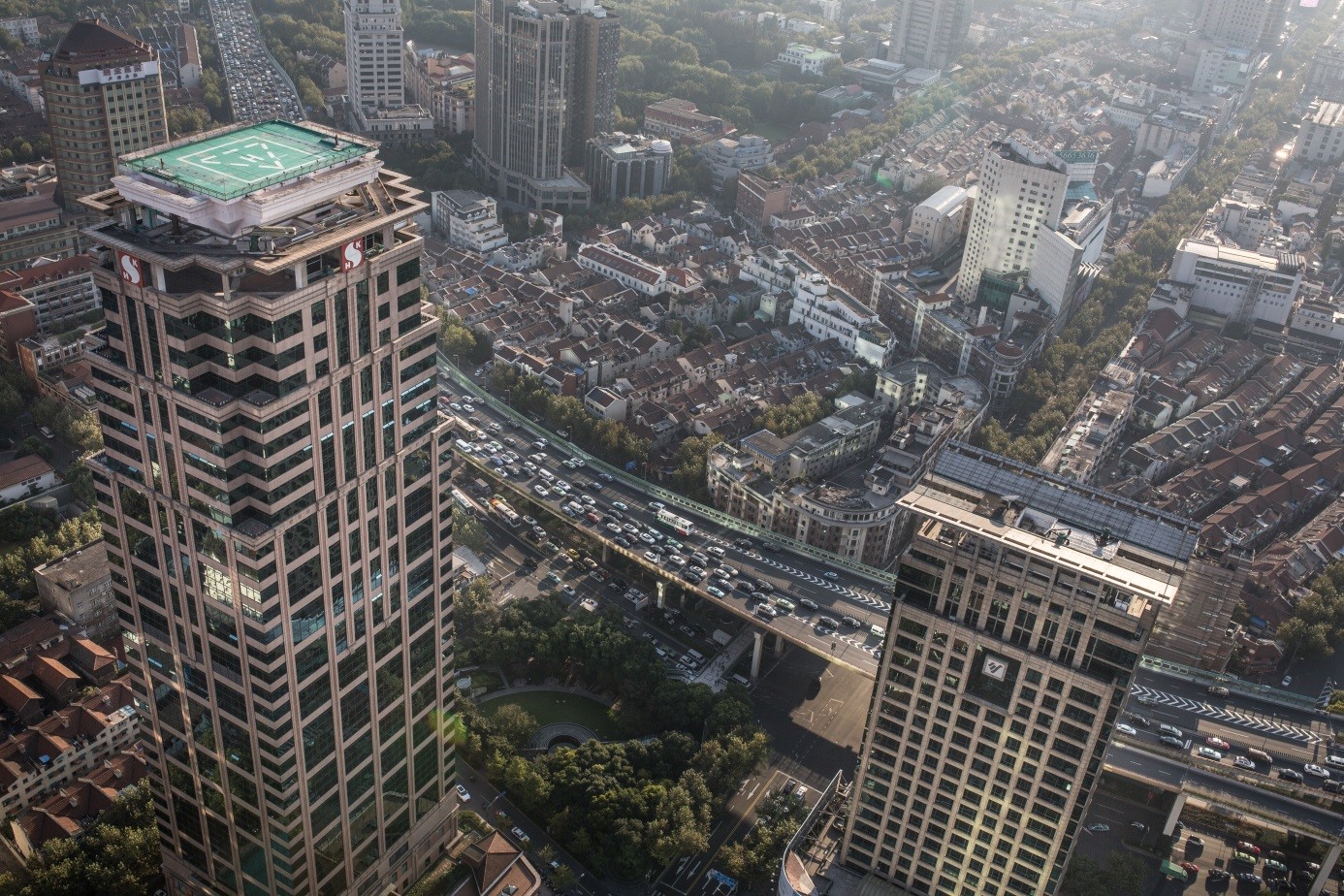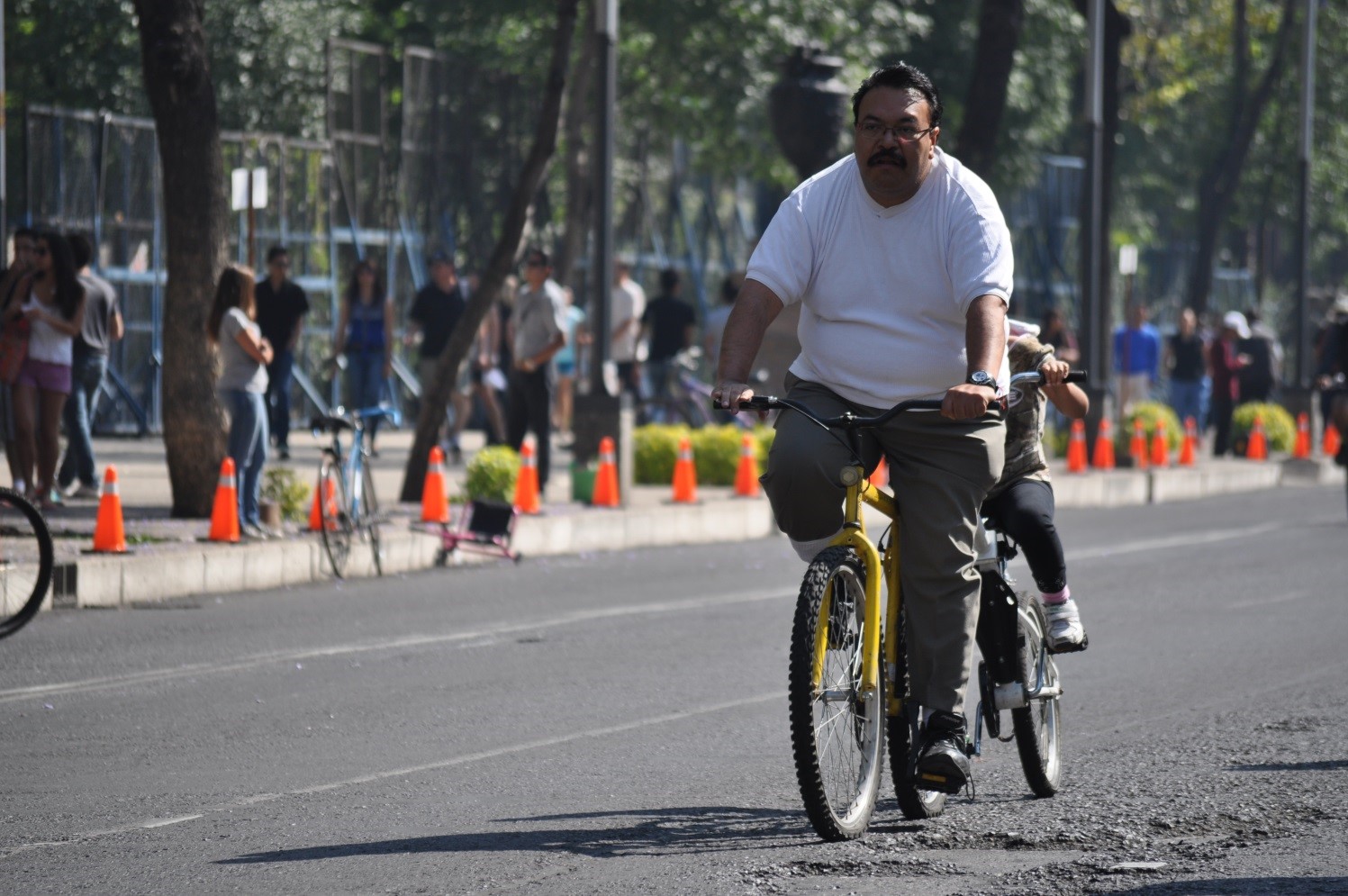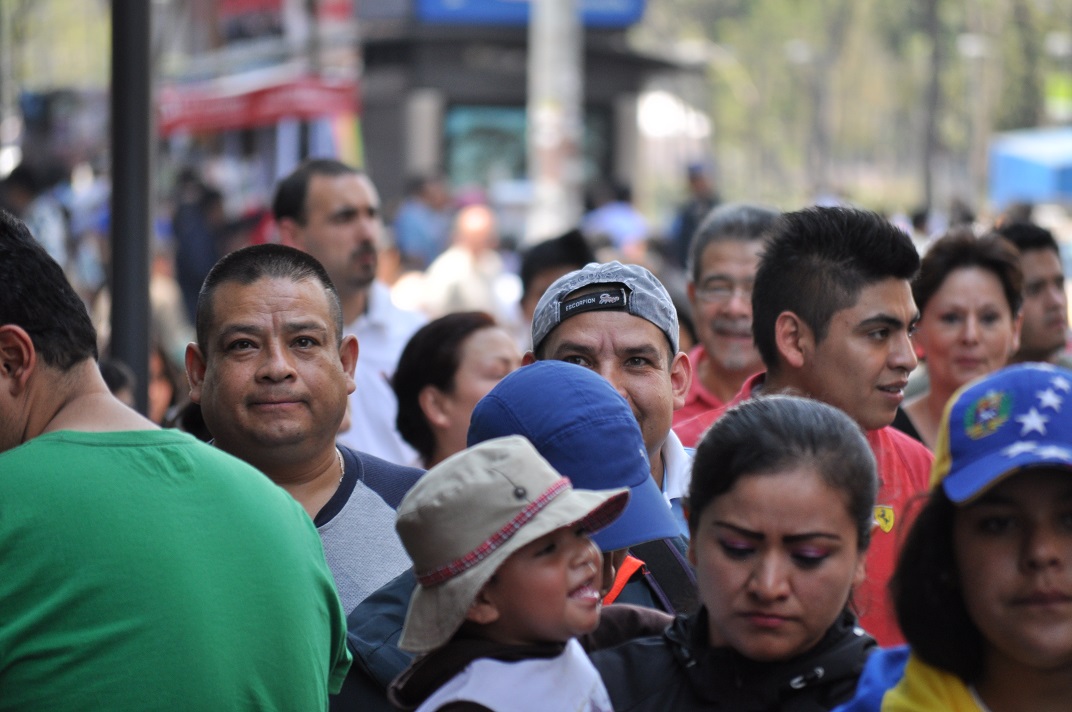
Photo: CalleFranciscoI.MaderoDF_220314_GLG_DSC_0826
Now is our chance to rebuild so that the system works for all
28 August 2020
By David Napier, Professor of Medical Anthropology, University College London; Global Academic Lead, Cities Changing Diabetes.
In a post-COVID-19 world, government, business and wider society all have a role to play in giving everyone the opportunity to live a good and healthy life.
Many thousands of families have lost loved ones and many millions face uncertainty and hardship as a result of the devastating effects of COVID-19. The economic impact of the pandemic is dramatic, with some reports suggesting that the global economy is expected to shrink by as much as three percent this year. While the full social impact is less easy to predict, experience of the virus so far has shown that although normality has disappeared for everyone, inequalities are being exaggerated and exacerbated, both revealing existing and creating new hardships for those at the fringes.
People facing the greatest deprivation have experienced a higher risk of exposure to the virus – for example, by being employed in lower-paid jobs – many of which have prevented them from working from home during quarantine. Existing poor health and an inability to access high-quality healthcare have additionally left certain members of society at risk of more severe outcomes if they contract the virus. A recent report by Public Health England concluded that some minority groups were twice as likely to die from COVID-19 as others. This was explained by comorbidity, deprivation and other risk factors. Those with underlying health conditions that were mismanaged have also borne the brunt of COVID-19 fatalities – the same report found that those with diabetes featured in a fifth of all deaths. The results of such studies highlight the structural disadvantages that some population groups face over others. It is for these people that the pandemic response measures will have the most wide-ranging implications in terms of lives lost, income, job security and social contacts.
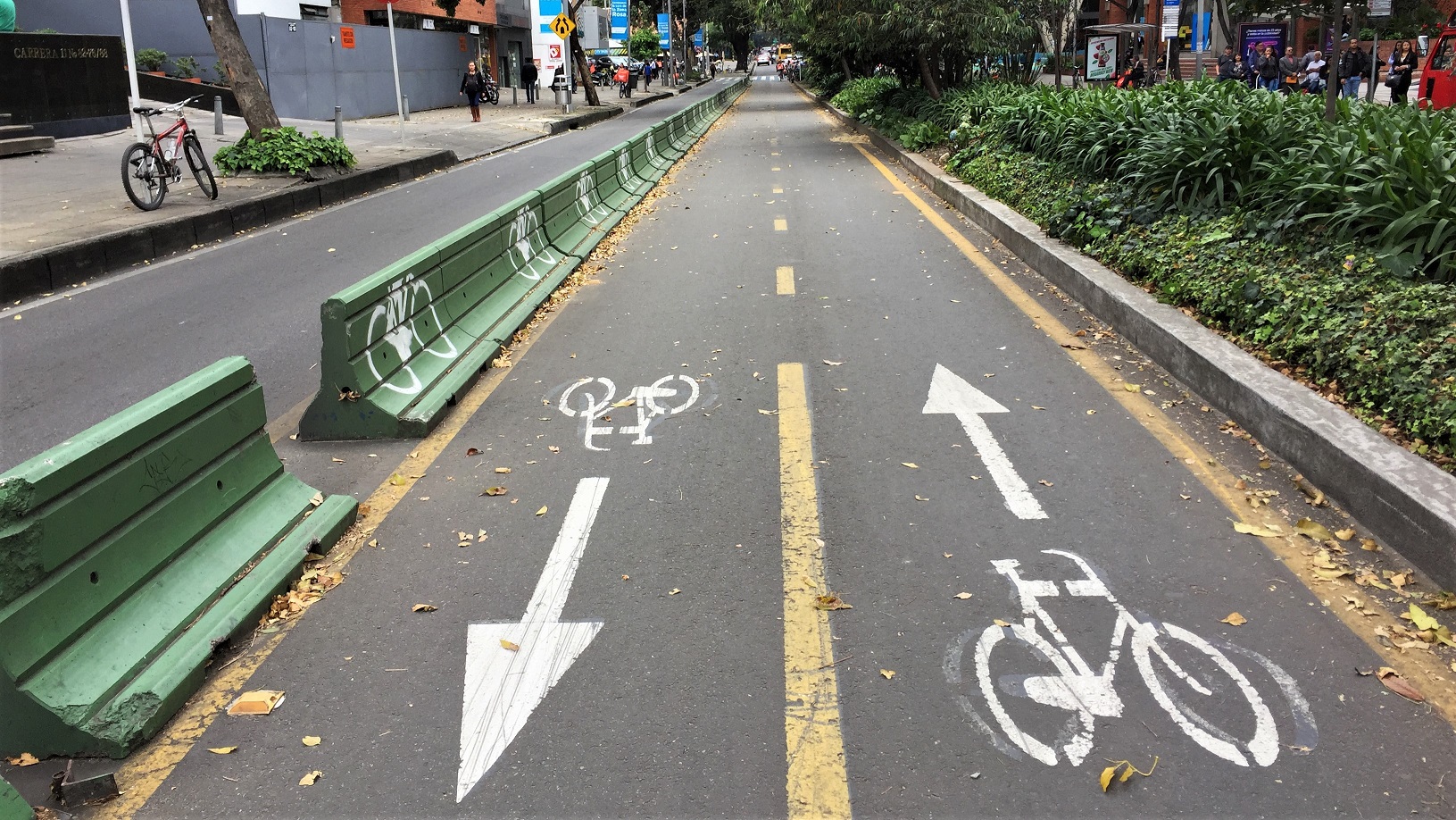
Future planning
Reversing the significant impact of COVID-19 on vulnerable groups is not the only critical mission here. Governments, policymakers and city leaders must at the same time ensure that the response and recovery pave the way for adequate preparedness for future health crises. More resilient, more equitable and more sustainable health systems in all parts of the world are vital to these missions. And to do this, we need a deep understanding of the social and cultural factors that are driving inequalities in the first place. Because the short story of COVID-19 is that it proliferates wherever people congregate socially.
Government, business and wider society each have a role to play in making sure that we forge a resilient response that honours the needs of all parts of society. Failure to do so – by ignoring the relationship between different types of vulnerabilities, and the disproportionate effect of COVID-19 outcomes – will only serve to further entrench inequalities and widen the divide between the rich and the poor. Here, recovery preparedness is also critical – especially as vulnerable groups are set to come out of lockdown sicker, poorer, and mourning more relatives and friends.



